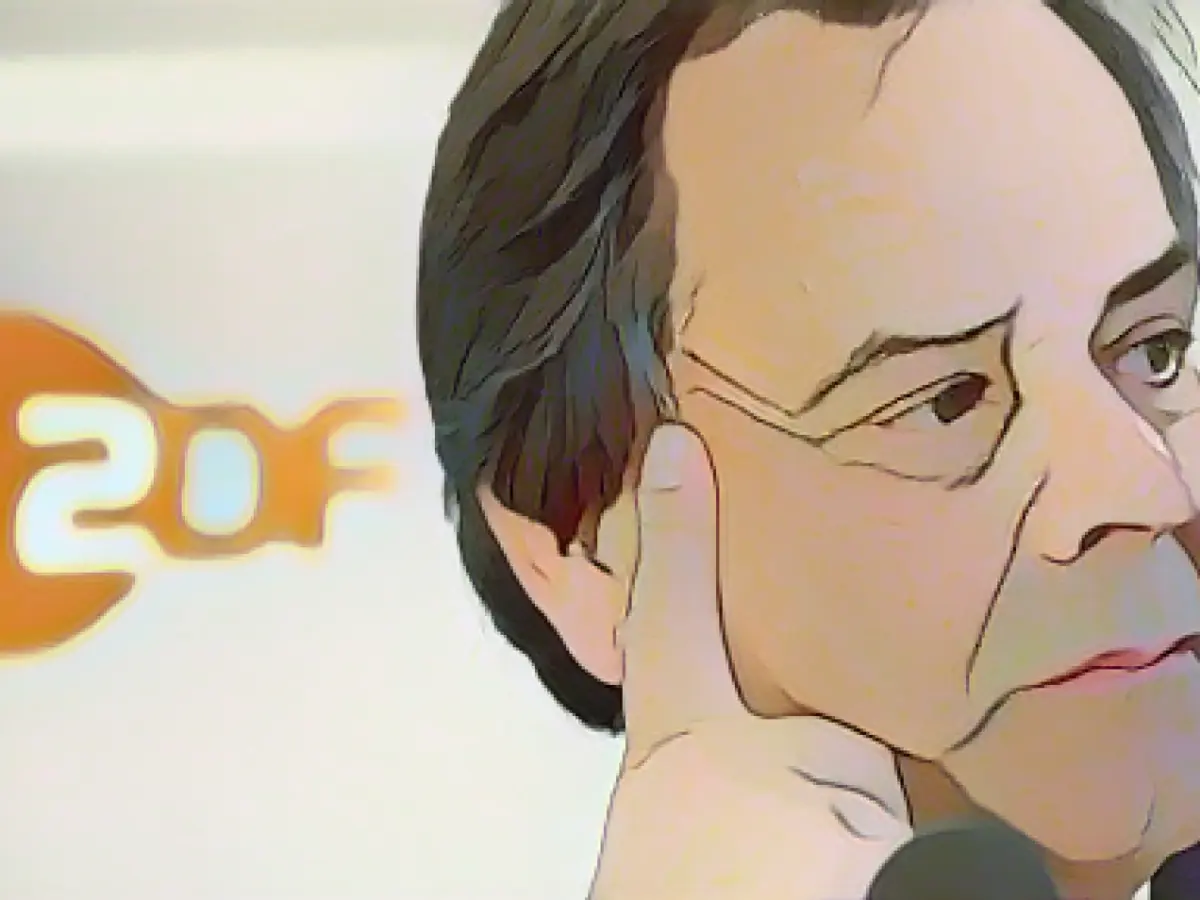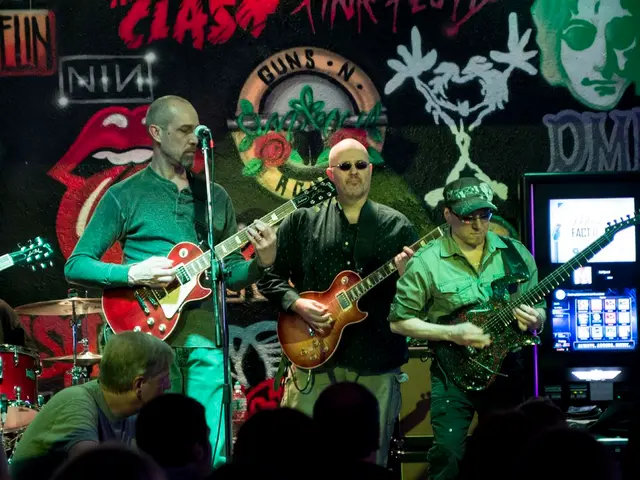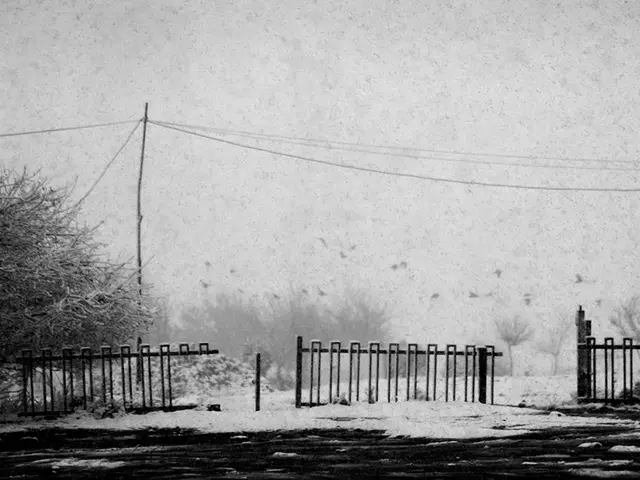In remembrance of the late Dieter Stolte, a renowned figure in the realm of German media, his passing at the ripe age of 89 was announced by ZDF, the public broadcaster he once led. Stolte served as the director of ZDF from 1982 to 2002, during which time he earned praise from his successor, Norbert Himmler, for his unwavering advocacy for public broadcasting.
Stolte's tenure was instrumental in expanding ZDF's reach. With the addition of the new federal states to the ZDF State Treaty in 1990, ZDF acquired a nationwide program mandate as a national broadcaster. Under Stolte's command, popular programs such as "Terra X," "The TV Movie of the Week," and the "Saturday Thriller" saw their inception. The "ZDF-Mittagsmagazin" debuted in 1989, followed by the "ZDF-Morgenmagazin" in 1992.
In a statement, Himmler warmly remembered Stolte as an individual with a strong conviction towards television-driven German unity. Reflecting on Stolte's leadership, he expressed that Stolte built ZDF into a modern, competitive media company and was responsible for the establishment of networks like 3sat, Arte, KiKa, Phoenix, and ZDF's initial digital channels. Former ZDF editor-in-chief Klaus Bresser, recalling Stolte's kindness and exceptional leadership skills, acknowledged him as a dear friend who always put ZDF's well-being first.
During Stolte's reign, ZDF faced the challenge of competing against rising private TV networks. In response, Stolte coordinated the implementation of drastic cost-cutting measures as a result of a substantial decline in advertising revenue. Born in Cologne in 1934, Stolte's journey to become a media powerhouse began in 1962 when he joined ZDF as a personal assistant to its founding director, Karl Holzamer. Later, Stolte climbed the ranks to become head of the program planning department and eventually the program director. Stolte relinquished his position as director in 2002 to Markus Schächter.
As Stolte's legacy continues to inspire, his impact on German media remains indelible. His unwavering commitment to public broadcasting and his role in shaping ZDF into a modern media powerhouse will forever be cherished in the annals of German media history.







